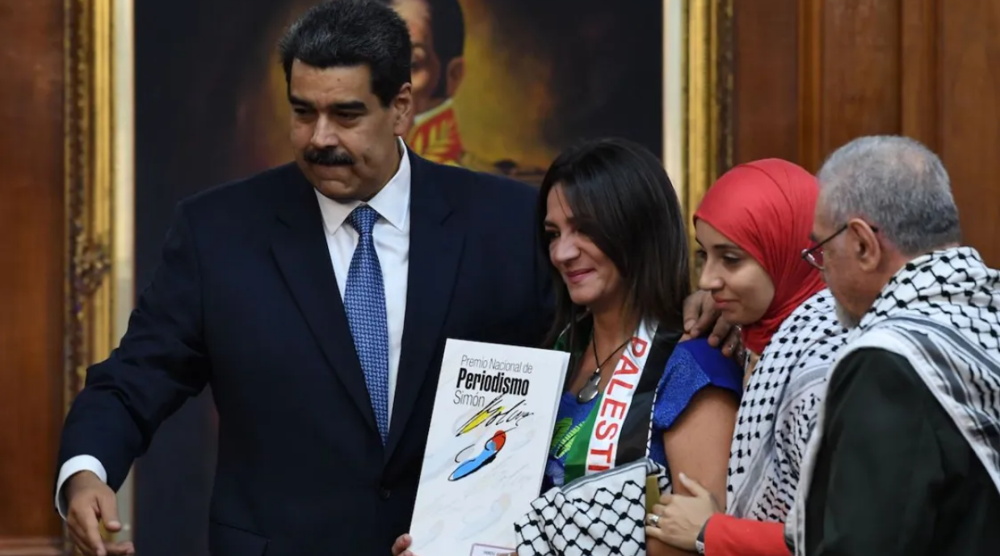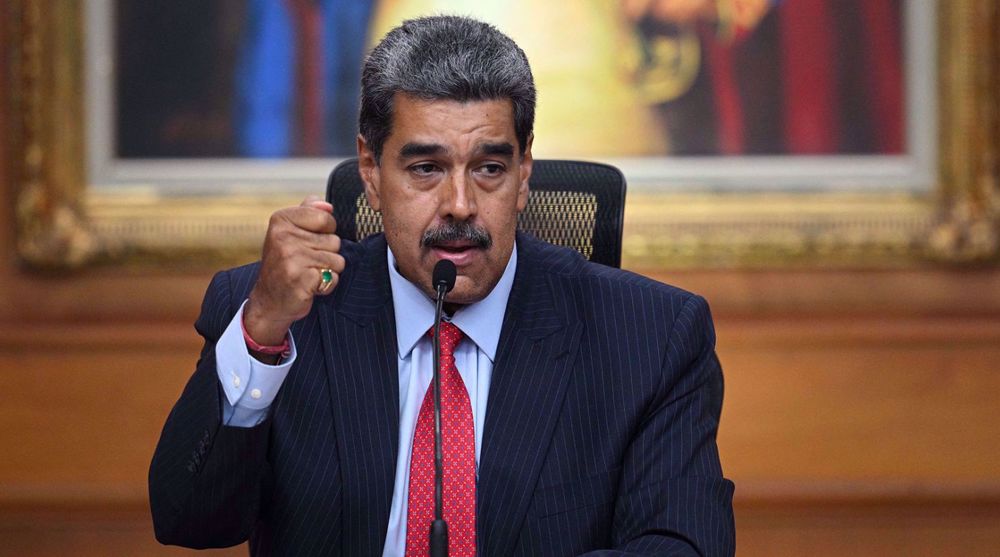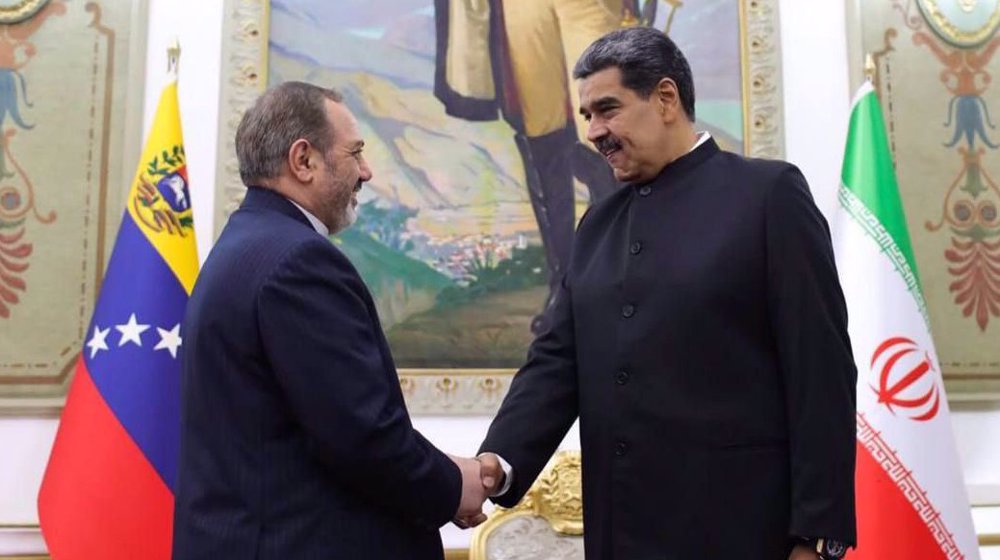Venezuela delays removing currency bills amid chaos
The Venezuelan government has delayed plans for the elimination of the country’s most-widely-used bill following nationwide protests and chaos.
On Saturday, President Nicolas Maduro extended the use of 100-bolivar bills until January 2.
The extension came a day after an earlier announcement to pull the highest-denomination bill out of circulation sparked anti-government protests and lootings at scores of shops in the Latin American country.
In a televised address, Maduro said the decision to delay scrapping Venezuela’s dominant bank note was prompted because the promised higher-denomination replacement bills were still unavailable, saying that the planes transporting the new notes had become “victims of sabotage.”
“One plane, contracted and paid for by Venezuela, was told in flight to change direction and go to another country,” Maduro said, without specifying who had given orders for the change of direction. “There’s another, which was not given flyover permission.”
Killing the bill
Venezuela already has the world’s highest inflation rate, set to hit 475 percent this year, according to estimates by the International Monetary Fund (IMF). Caracas is trying to introduce new bills in denominations up to 200 times higher than the old ones.
The 100-bolivar bills until recently accounted for 77 percent of the cash in circulation in Venezuela.
The decision to kill the bills has forced thousands of people from around the country to wait in lines in front of banks to withdraw bills and have them changed. Others have had to make purchases with bundles of hard-to-find smaller bills.
Authorities in the southern Bolivar State declared a curfew after people broke into dozens of shops and warehouses in various towns to take out goods. The state governor said 135 people had been arrested during the unrest.
According to witnesses, security forces in Venezuela’s second city of Maracaibo fired teargas to stop looters.

Maduro has justified the elimination as a way of strangling mafia and smugglers on the border with neighboring Colombia. The government has closed the borders with Colombia and Brazil.
The import-dependent OPEC member nation is severely short of food, medicine and basic household goods.
While Venezuela’s opposition blames Maduro’s administration for the persisting economic troubles, the Venezuelan leader has long argued that the crisis is the result of a US-sponsored ploy to destabilize the country.
Caracas has also lambasted its suspension from the South American economic bloc Mercosur as a “coup” against Venezuela.
‘Ethnic cleansing’: Hamas blasts Israeli attacks on Gaza hospital amid intl. silence
Saudi delegation meets HTS leader at presidential palace in Damascus
Relentless Israeli ceasefire violations justify need for self-defense: Lebanese MP
Tel Aviv tells Damascus Israeli forces will remain in occupied territory: Report
Dec. 22: ‘Axis of Resistance’ operations against Israeli occupation
‘Abhorrent’: Oxfam says only 12 trucks delivered aid in North Gaza since Oct.
VIDEO | Leader receives religious eulogists on Hazrat Fatima birth anniv.
Pope Francis slams Israel’s ‘machine-gunning’ of Gaza children










 This makes it easy to access the Press TV website
This makes it easy to access the Press TV website